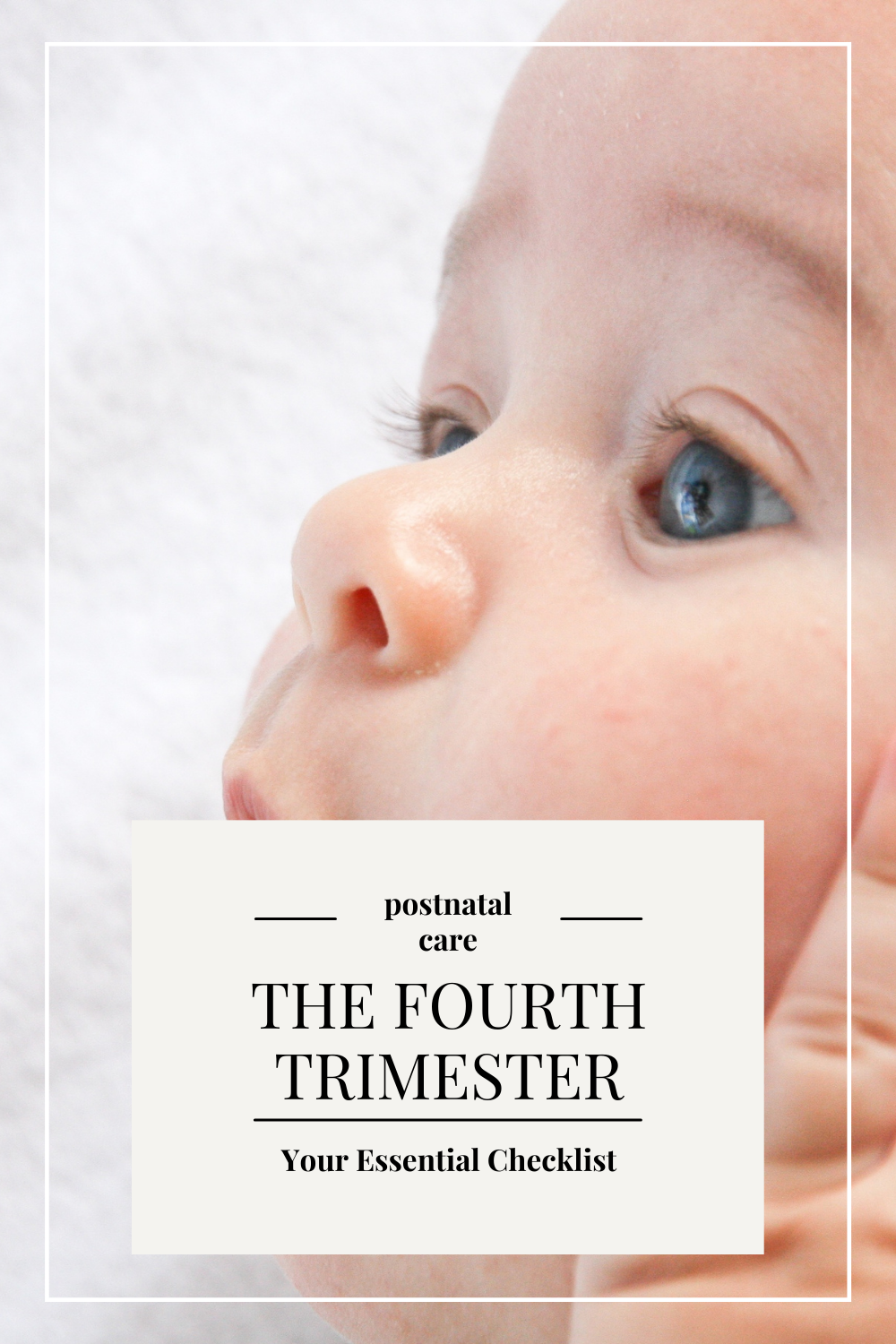Unlike many animals, human babies require literally years of additional care and protection before they are capable of looking after themselves.
Regular pregnancy comprises three trimesters which finish when the baby is born, usually after nine months. However, because the child is so helpless for the first few months, researchers came up with the term “fourth trimester” to describe the period immediately after birth. During this time, the baby needs the same level of care, attention and protection as if it were in the womb. Many would say they require even more care and attention.
Most mothers receive regular healthcare visits during the first few weeks of their baby’s life. The purpose is to check the baby’s and mother’s health. The baby will be weighed and the mother will be asked about their mental and physical health. There will also be an examination of the child to check that there is nothing wrong.
Here’s everything you need to know about what is termed the fourth trimester.
Physical Recovery
After you give birth, you will feel sore for a short time. This is totally normal, but it helps if you are mentally prepared for it in advance. The majority of women require stitches after natural birth which mean an additional level of care.
If you had a C-section delivery, you’ll want to schedule regular checkups to make sure that all the stitches are healing. You’ll also need a thyroid exam and checks of the heart and lungs to make sure that they are still working optimally, particularly if you had high blood pressure during pregnancy.
Feeding And Infant Care
Photo by Lucy Wolski on Unsplash
Young babies can sometimes “fail to thrive” if they can’t latch onto the nipple or a bottle feeder. In the first few days, they are at risk of losing weight rapidly.
As such, you’ll want to make sure that you schedule a postpartum appointment for the first week to make sure that both baby and mom are doing okay. The health professional will check the baby to ensure that they can feed properly. They will also make suggestions if they are failing to latch, increasing the likelihood of natural feeding.
The vast majority of newborns will begin feeding within the first 24 to 48 hours. However, if your baby still won’t latch after this initial period, your physician can provide medical assistance. Often in the states a lactation and nursing consultant will visit the new mother to help provide assistance and ensure the newborn is feeding well.
Photo by Omar Lopez on Unsplash
Tiredness
After you have given birth, it’s natural to feel extremely tired. Just remember that this too is natural and an expected part of the process. It does get better after a few months, especially as the baby is able to sleep for longer periods of time.
If you feel too tired at night to soothe your baby, ask your partner to help you with it. Also, don’t be afraid to ask family members or friends to help with the babysitting once or twice a week or run errands while you get some rest. Asking for help does not make you weak, or a bad parent. On the contrary, receiving help can ensure you are the best parent you can be since you are getting your needs met and can focus on your child when you are with them.
5 month old babies generally won’t wake up so often at night because, by this stage, their body clock is starting to normalize and they are becoming diurnal. However, their body clocks still won’t be perfect, so you may have to put up with the odd midnight crying episode here and there. My daughters didn’t begin sleeping through the night until 6 and 7 months of age when they began solid foods. However, they typically only needed 1 bottle a night by then.
Mental Health
The time around birth can be disruptive hormonally. Therefore, it is quite normal to feel a little sad for the first fourteen days after the birth of your child. Around 80 percent of women experience some sort of “baby blues” at this point.
During the first couple of weeks, focus on rest and eating well. If your mental health does not improve after two weeks, or you feel overwhelmingly sad, then you might want to contact a professional help. Feeling a little down is normal, but if you don’t want to be here anymore, it could be a sign of depression. It’s important to get help and not a sign that you did anything wrong.
Returning To the Bedroom
After giving birth, you may need to wait a little while before returning to sex. You can restart immediately. However, if there are any stitches or damage, then it could be uncomfortable. I had stitches after both of my daughters and it took a while to fully heel. Have open communication with your partner about your needs. Talk to them about how you’re worried that it will hurt, or it isn’t medically advisable at this time. Go slow!
Remember, breastfeeding is not a form of contraception. Therefore, once the baby is born, you’ll need to start using protection again to avoid a second pregnancy. You might want to talk to your provider about birth control. They can provide the pill or recommend that you use an intrauterine device. There are some options for BC that will not interfere with nursing if you choose to go that route.
Diet
Once you’ve given birth, you’ll need to rebuild your strength. Avoid the temptation to overindulge on all the foods that weren’t allowed during pregnancy. For the first month or so, concentrate on eating whole plant foods. If you end up nursing, you are passing those nutrients onto your baby so it’s important your diet is healthy. Drink plenty of water and spend some time out in nature if you are feeling up to it. Getting your body moving again can increase your energy levels and improve your ability to take care of your newborn.
The Warning Signs Of Maternal Illness
While it is rare for mothers to experience complications from labor and delivery, it does happen. And there can also be issues that occur during the recovery process. The key here is to know the warning signs so that you can get help immediately, should you need it. Pay attention to fever or chills. This can sometimes mean that you have an infection.
If you notice any brisk, bright red bleeding in the first four to six weeks after birth, it could be indicative of a postpartum hemorrhage. You should note saturate a pad every hour. If you do, then you’ll need to return to the hospital quickly. If you have a severe headache, you may have preeclampsia. This condition comes with a risk of stroke. Any swelling of the feet or legs may also be a sign of preeclampsia and something that you’ll want to raise with your healthcare provider immediately. Dizziness may be a sign of blood loss, usually from internal bleeding. It can be a life-threatening symptom, so always get it checked out. And if you are nursing, fever, pain in your breasts, chills, and nausea could be a sign of mastitis.
There are many things to consider and be aware of after giving birth. I hope this information helps to guide you in your fourth trimester during this joyful, sometimes stressful, exhausting journey that is parenting!






